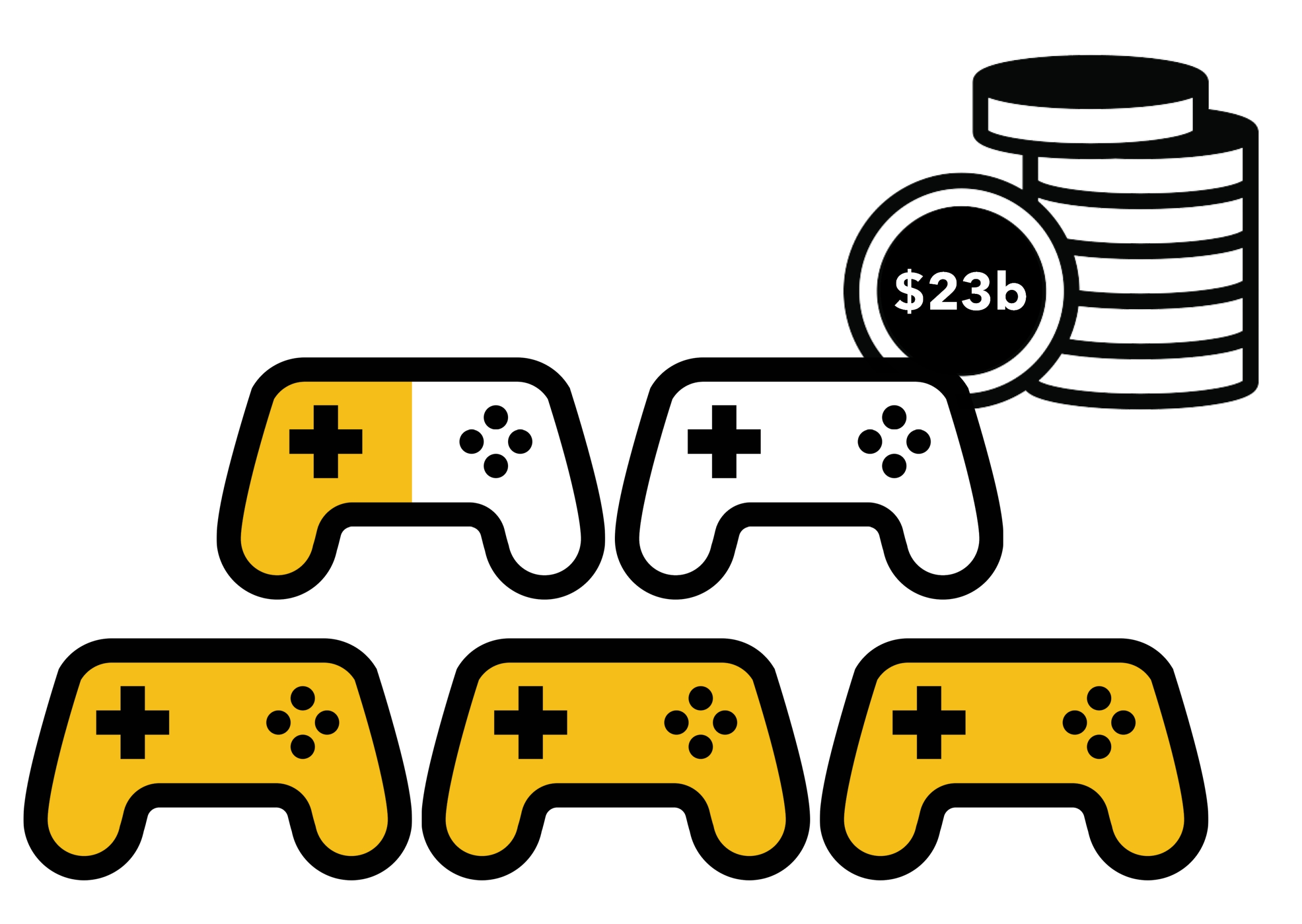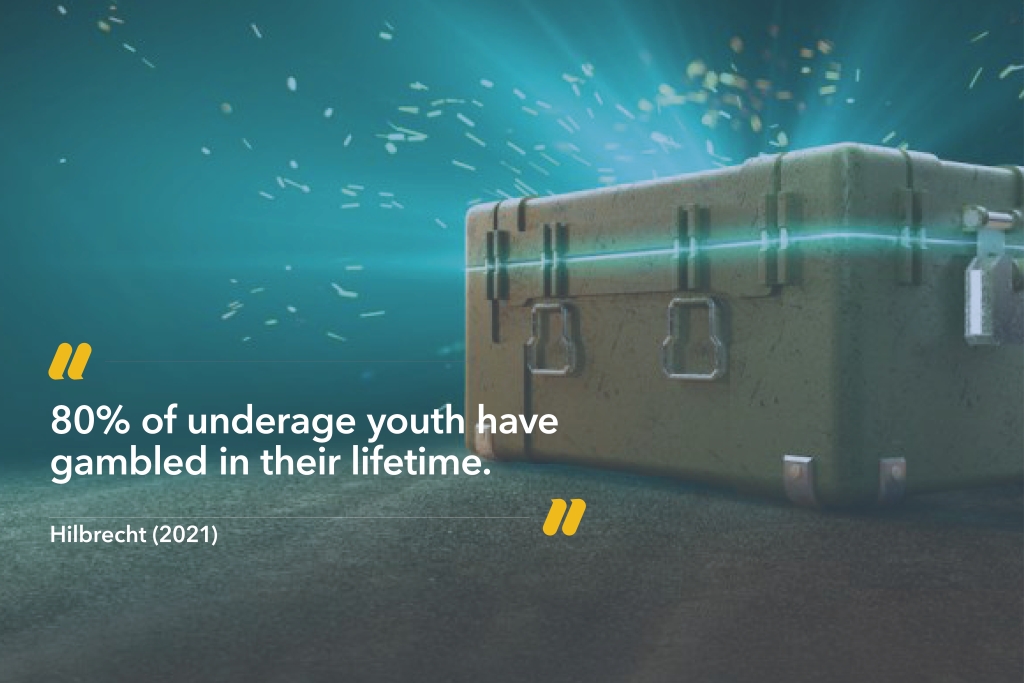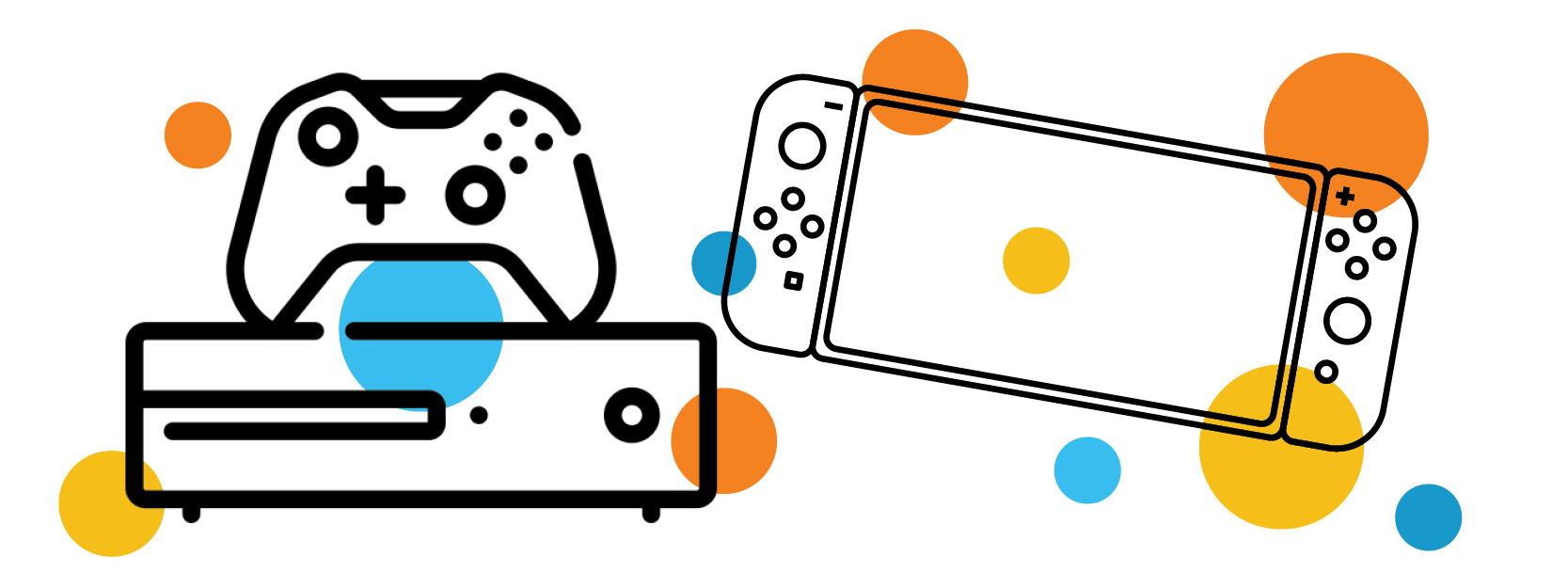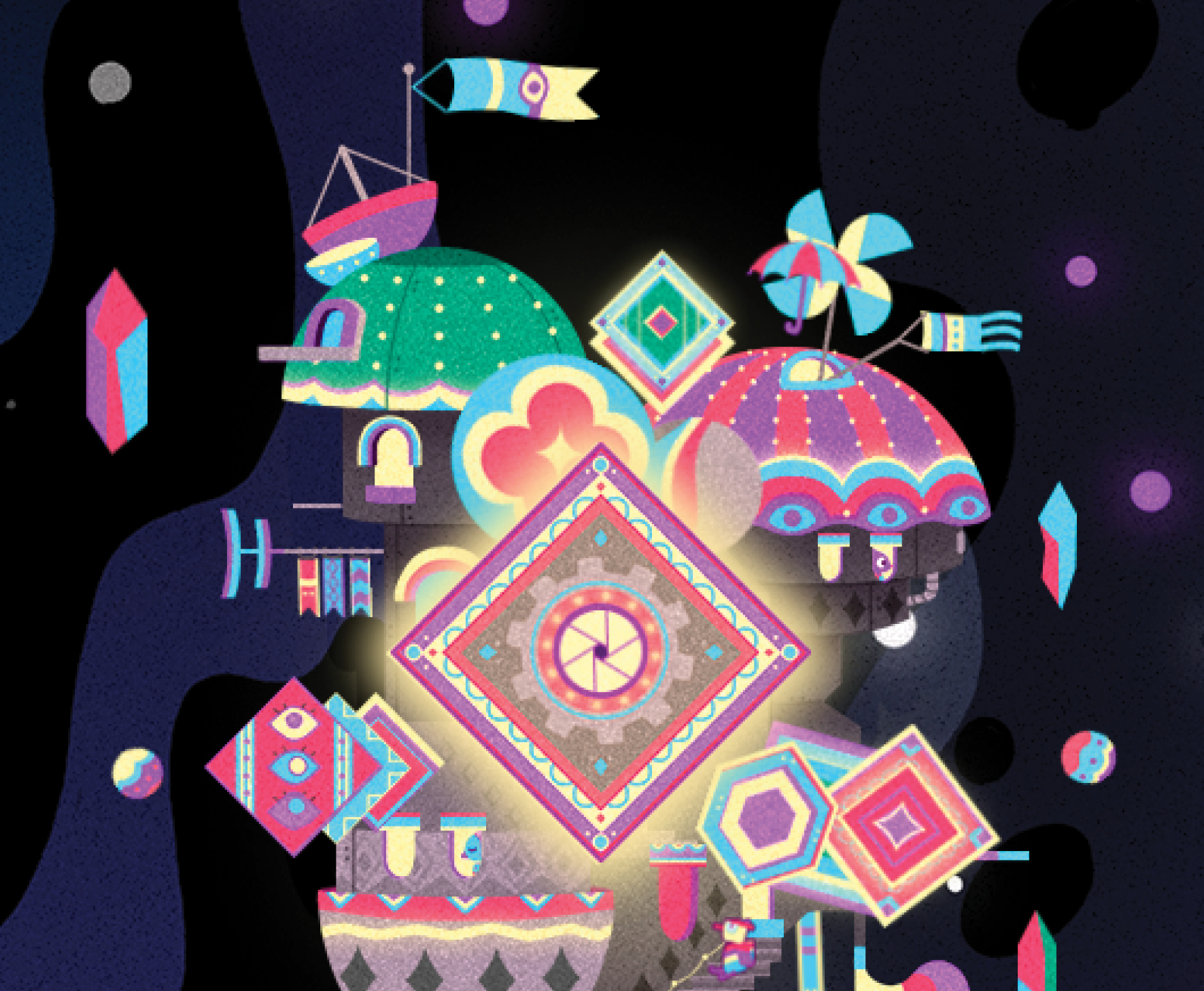Call us 1800 243 232
Menu
Call us 1800 243 232
Of course you are, you managed to find this page!
But in all seriousness, you are most likely viewing this page because you were lucky enough to have participated in a holiday or after school program with Reclink Australia and Anglicare. Here we would have talked to you about the risks associated with problem gambling, and the connection that gambling may have with some of the fun things that you like to do.
Below you will find important information about gaming and how it might be gambling without you even realising it.
Sometimes the differences can be very subtle and hard to spot. With the help of the fun, interactive resources below, we can help you find out if your gaming is putting you at risk of gambling harm.
The Clued In program will help you to:
Gaming refers to playing an electronic video game, whether through console, computer or smartphone. A gamer is someone who plays video games regularly.
Traditionally gambling is an activity where someone bets money or belongings, knowing the risk, in hopes of a winning money or a prize. There is often an element of chance involved.
Traditional types of gambling include poker or slot machines, lotteries, sports betting, raffles and scratch off tickets.
Simulated gambling, or elements of gambling in video games can encourage gambling behaviours in children and young people.
Social casino games
Have you ever played Candy Crush Saga? These games look and work like games in a casino, but instead of playing for money, you win points or in-game currency like coins or jewels. The games also allow you to spend real money to unlock special features or collect more points.
In-game microtransactions
Have you ever gotten a lucky drop in Clash Royale? Sometimes items such as weapons or character upgrades can only be obtained through chance or in-game purchases. These goods are often traded or sold online for real money.
Loot boxes
If you’ve ever played Fortnite or Overwatch, you’re familiar with loot boxes. A loot box is a reward you can win or buy during a game. What’s in the box is completely chance based, so it’s a lot like gambling. The cost can definitely add up when people buy loot boxes using real money in hopes of finding rare in-game skins.
Video games with elements of gambling are very common. As of 2020, around 40% of young people play video games that have gambling components.
According to a 2020 study, ‘the proportion of gamers exposed to loot boxes rose from just 5% in 2010 to 71% by 2019‘. That means 3.5 out of every 5 gamers, has been exposed.
Loot boxes can differ across games, providing gamers with various rewards such as weapons and clothing for their characters. While some loot boxes are unlocked through gameplay, a large percentage are bought with real-world money. Gaming companies made over $23 billion from loot box sales in 2020.
Watch the video below to find out more about loot boxes and how they encourage gambling.

In some situations, players can become addicted to buying in-game items and loot boxes. The uncertainty and the thrill that comes with opening the loot box is enough to keep gamers purchasing them.
Signs that you might be spending too much time gaming are very similar to the signs of harmful gambling. Some warning signs that you might be gaming too much are:
If you identify with any of the warning signs above, you may be at risk.

If you identify with any of the warning signs above, or know someone who you think is gaming too much, the below websites, videos and sample games can be helpful.
They will help you understand the risks of online gaming and how to avoid future gambling harm.
TINO provides information on how to navigate life’s challenges…including mental health, relationships, exam stress to sexual health and more.
Under the topic ‘Gambling’ you’ll find resources designed to help you navigate the world of gaming and gambling and are suitable for you no matter where you are, who you are, how old you are or your experiences so far.

Kids Thrive have created a program called ‘Bridge’ which explores the joys and risks of online gaming and helps you to avoid creating habits that will lead to future gambling harm.
The Bridge program will help you to identify when online gaming changes from a fun, safe activity to one that could be damaging.
You can access the Bridge program here.
Kids Help Phone is a 24/7 e-mental health service which offers free, confidential support to young people.
Visit their website and search for ‘gambling’ and ‘online gaming’. Here you will find information that can help you put down the controller and increase your awareness of gambling.
Welcome knowledge seekers!
Are you ready to explore some risks of youth gambling?
You can start your adventure with House of Wisdoms, an online game that can help you build your gambling awareness.
In the game, you will learn about gambling risks, gambling myths and ways you can get support if gambling is affecting your life.
To start your learning journey, click here to play House of Wisdoms.

Adults with gambling related issues have often engaged in gambling in their adolescent years.
Calado, Alexandre, Rosenfeld (2020)In a recent study, 23% of those researched said they made their first sports bet under the age of 18.
Jenkinson, de Lacy-Vawdon, Carroll (2019)Young people who receive instant lottery tickets as a gift were more likely to start gambling earlier
Yale School of Medicine report (2019)
Speaking to someone about your problems can be the first step to a solution.
Call the Kids Helpline on 1800 55 1800
You can also visit their website at kidshelpline.com.au
Call Lifeline on 13 11 14
You can also visit their website at lifeline.org.au
The Clued-In program, in partnership with Reclink Australia, aims to educate and prevent gambling related harm for primary and high school students in Tasmania.
This program is funded by the Tasmanian Government through the Department of Premier and Cabinet.